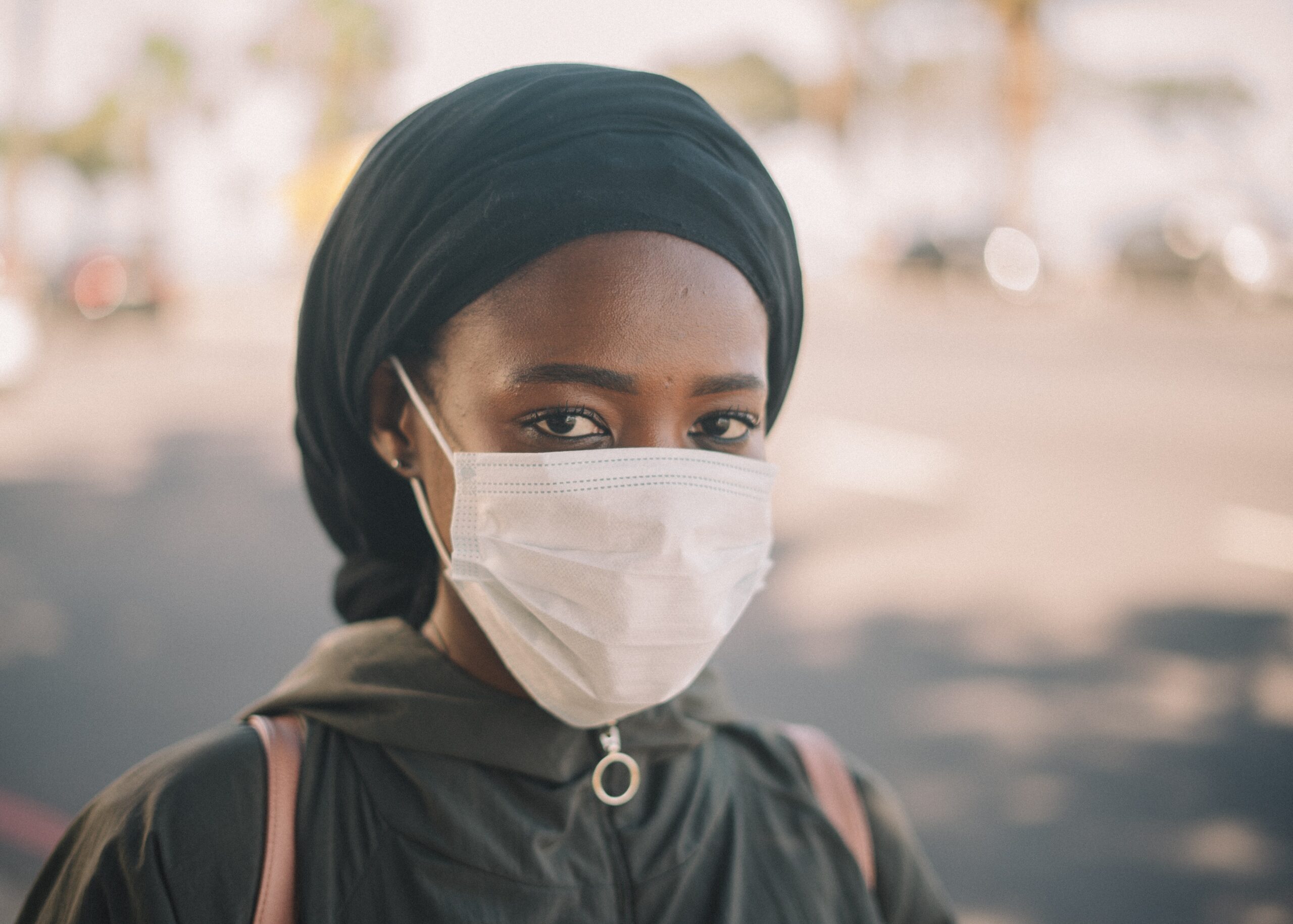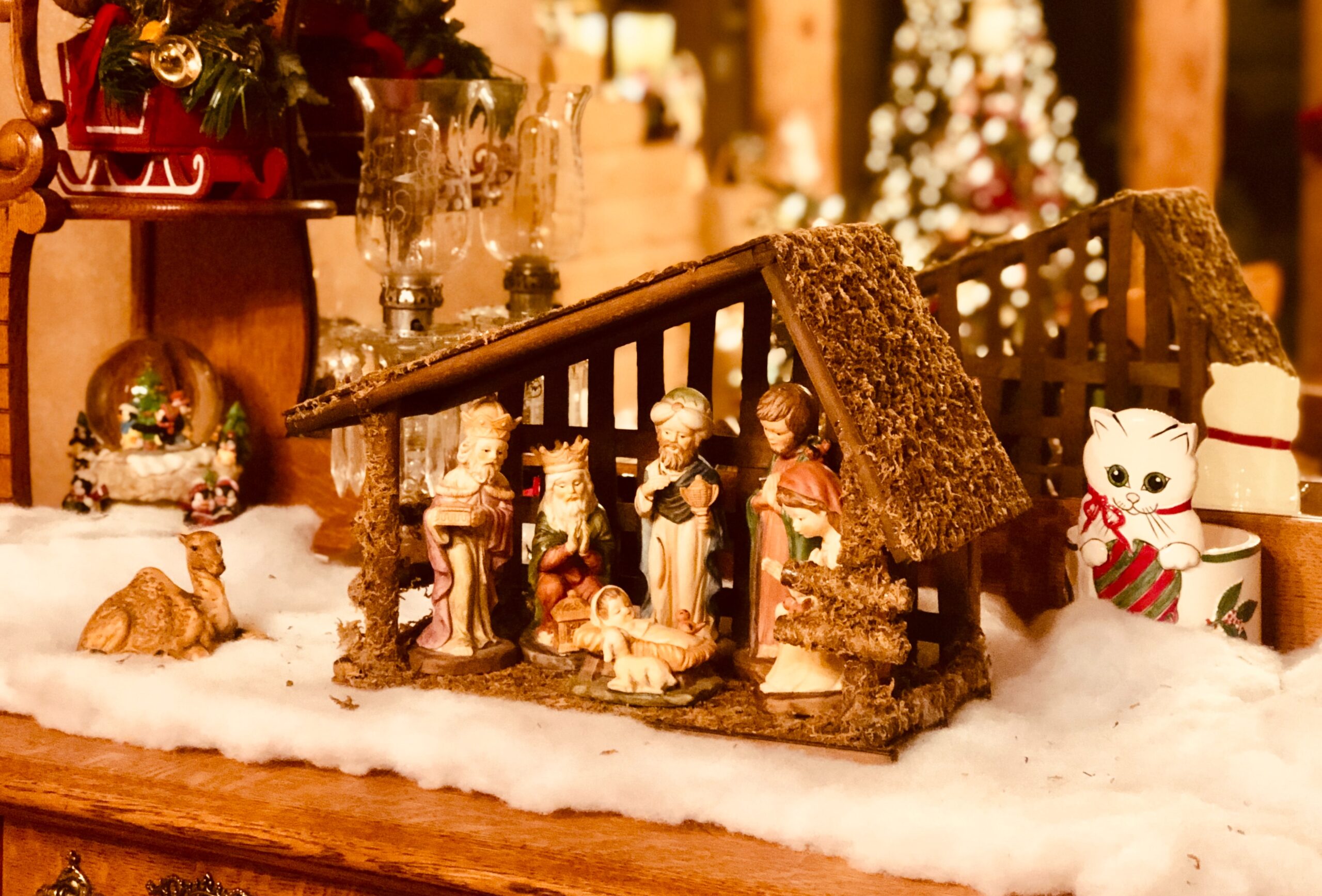
Discovering unlikely worlds in the silence of 2020
Margareth Sembiring uses the lockdown silence to look inside herself, and hears unforeseen melodies …
Year 2020 is ending, and it deserves a response. Unlike the usual focus on an understandable sense of frustration and fatigue for all the troubles and pain this year has brought, I thought I would listen to what it is trying to tell me instead. After all, listening is a prerequisite for any good and meaningful response.
I used to spend almost all my waking hours outside my house. Living alone, away from my family, means my place of residence functions more like a hotel room than a real home. My days were filled with activities. Consequently, I never knew what loneliness felt like. I was happy living this way, or at least I thought I was, until the advent of Covid-19 which suddenly changed everything.
Like most people, my busy lifestyle ground to a halt.
I had little choice but to redefine my relationship with my room, from a mere sleeping chamber to my new living space 24/7. It also meant getting used to having nothing to plan, which felt odd at first, but surprisingly freed up a lot of space in my head.

And as my days grew quieter, I began to notice the strange presence of two worlds that I thought would never be present simultaneously: silence and noise, busyness and loneliness, charity and anxiety, faith and work.
The sudden silence in my personal life made me hear how incredibly noisy the outside world is.
I always know that the world is noisy, but my own preoccupations must have dampened its intensity somehow.
This whirlwind year reported border closures, restrictions and surveillance, job losses, mass demonstrations, terrorist attacks, and vaccine rush. Then from different corners of the world there were stories of divided societies, angry remarks, threatening responses, natural disasters, and climate worries; all against the backdrop of continuing anxiety over Covid-19 infections and painful accounts of death. I wonder how any brain could cope with all these.
Yet, the fact that our world can continue to remain somewhat intact amidst all the chaos offers a reason to hope.
The same external silence which has enveloped my days has also exposed internal empty spaces which I had never noticed before. Prior to Covid-19, crossing the borders to see my parents and siblings back home at regular intervals was a breeze. But the current Covid-19 restrictions mean Christmas without family this year and an indeterminate waiting period to see them again. In other words, I can only hope and pray that all of us remain healthy until the pandemic is over.
Although technology allows me to be in constant communication with my loved ones, I cannot ignore this unfamiliar sense of loneliness that is growing in me. It is even more so with the arrival of my newborn niece whose adorable face I can only see in pictures and videos.

Dealing with solitude has proven to be challenging, and I cry more than ever before. But now I know what that word really means, and I can empathise better with those struggling with being alone.
This has also made me realise that my action-packed lifestyle had indeed done a wonderful job at masking whatever is lacking in my aloneness. And Covid-19 has challenged me to consider how best to make use of my remaining time here on earth.
And then there’s the memory of the wheelchaired elderly beggar near the subway station to whom I used to give a dollar or two every time I took the metro. Ever since I stopped going to the station and thus no longer pass him by, I thought charity would be placed on hold until life gets back to normal. After all, don’t I have my own worries to attend to? But while grappling with everything else in my life, I found myself checking on my relatives and asking if I could be of any help. I also began looking for various Church-led online charity drives, not only where I am but also in my parish back home, which I could contribute to. Prior to Covid-19, I never knew that I would behave this way in times of difficulty.
I often wonder how that wheelchair man with his outstretched hand is living in this time of silence …
The most unlikely thing I have noticed is the strange relationship between the Bible and my work. I had been used to seeing the Sacred Scripture as a source of spiritual input which had nothing to do with the cryptic academic articles that I buried myself in at work every day. Interestingly, ever since my engagement with the Bible as my go-to place for solace got intensified in this time of pandemic, I increasingly find reading both types of literature more enjoyable and meaningful.
It is as if they complement each other: my reading of Bible passages helps me understand academic work better, and vice versa. There is greater clarity for both, and for want of a better word, the written text speaks louder in this silence than it did before. For those who know how difficult it is to decipher the gems hidden within Sacred Scripture, and also how frustrating incomprehensible academic articles can be, this progress is a real consolation in this lonely time.

And for those who see religion and science at two unlinked realities, I would say that the chasm may not be that deep after all. In fact, seeing them converge is really fun!
There are plenty of reasons to deplore what has happened this year. The recent dispatch of the first batches of Covid-19 vaccine to various countries might have sparked optimism, but whether it means an end to the pandemic anytime soon remains to be seen.
While I look forward to the day when I can meet my baby niece for the first time, I also acknowledge that this pandemic year has been remarkable in its own right. It has allowed me to discover things I had never seen before, which were likely to have stayed unnoticed had things continued as normal.
So I am reaching the end of this stormy year with gratitude, confident that the lessons it has taught me will help me navigate through life’s future uncertainties and whatever seas may lie ahead.
Like what you’ve read? Consider supporting the work of Adamah by making a donation and help us keep exploring life’s big (and not so big) issues!

2 Comments
Marian
Beautiful
Marian
A really thoughtful article Margareth, thank you.